Read our interview with author Gary Byrne on writing “1 of the most influential books of 2016,” his journey from career law enforcement to a New York Times Bestseller despite dyslexia/ADD.
What is the book “Crisis of Character” about?
A White House Secret Service Officer Discloses His Firsthand Experience of Hillary, Bill, and How They Operate.
About the Author Gary Byrne
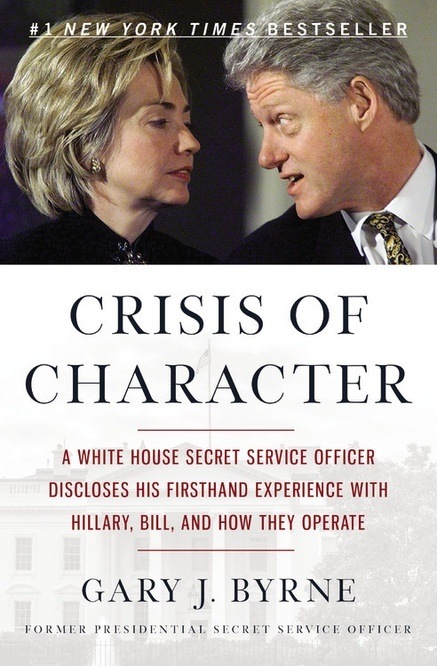
I’m Gary Byrne. I served in US federal law enforcement for 29 years as an Air Force Security Police Officer, Secret Service Uniformed Police Officer, Secret Service training center firearms instructor, a “Flying” Federal Air Marshal, and as an adjunct firearms instructor with FAMS before retiring March 25, 2016.
I loved my job but it had its high highs and low lows. Writing for me has been a steady high. I love the work I do and how it has provided me the ability to spend time with my family in that I can catch up for so much of the time I missed while on the job.
I’m glad I’ve finally regained my freedom of speech now that I’ve retired and can correct much of the revisionist history being perpetuated by those trying to purposefully repeat it.
Q: How did you become involved with the subject or theme of your book?
It wasn’t my choice! As a Uniformed Division Officer of The Secret Service my dream job was to be posted outside The Oval Office. I started working during Pres. HW Bush and kept my posting after Pres. Clinton was elected. Because of my proximity to Pres. Clinton I was subpoenaed six times in the Whitewater grand jury investigation into the president’s crimes and the investigation by the FBI and DOJ.
So I never had a choice in that respect.
Q: What were your goals and intentions in this book, and how well do you feel you achieved them?
After it became clear and certainly the media made it seem that Secretary and Former 1st Lady Hillary Clinton was going to be a shoe-in for the presidency and there seemed to be a concerted effort to sweep a very important time of history under the rug, I realized I had to tell of what me and my fellow officers who were subpoenaed and dragged through the mud by the investigation went through. I had to speak out.
In that regard, I feel I’ve succeeded in correcting the record.
Q: What was the hardest part of writing this book?
I was approached by an old camping buddy’s son out of college to write the book and I flatly refused. I told him, “you have no idea what you’re getting into.” But I agreed to begin interviewing with him as he seemed clueless to the real history. I soon realized how painful it was to speak of and that’s when I realized it was so important– and cathartic!
A big weight was lifted off my shoulders as I spoke and he wrote my story. It was only then that I realized how much we repressed in our jobs!
Q: What kept you going..?
I wanted to do everything I could to get the truth out so that people could make an informed vote.
I never wanted to imagine looking at my kids and have them ask me, “why didn’t you do something,” if history ever repeated itself.
I had a great support group. As I wrote in the book, my wife, Genny, has continued to support me. She always harps, “Just do the right thing, Gary.” It never gets old!
My daughter wants to be a writer and I’m trying to set a good work-ethic example now.
Q: What’s the strangest thing you have ever had to research online or do for your book?
By far the strangest (and a parental guidance warning here) was researching whether it was just President’s blood that was subpoenaed and taken by the FBI (which they did) or they also answered the subpoena from the Paula Jones attorneys asking for a picture of the president’s reproductive parts which I don’t believe they got, though the president’s doctor did issue statements to the world on its features! How crazy!? Truth is always stranger than fiction!
Q: What did you enjoy most about writing this book?
I enjoyed revisiting the times I was so nostalgic about. Don’t get me wrong, despite the hardship I relive all the times again. I enjoyed most getting the truth out. I enjoyed the writing process and all the reading I was able to do. I read on international flights as an Air Marshal and now I’m reading constantly for work! I love writing because it pays me to read! Also because I’m new, my dyslexia, and because I tend to “chase the rabbit” requires more of a group effort to writing. It’s fun!
Q: Give us an interesting fun fact about a character in your book.
The “characters” are real life historical figures but one of the nicest people I’ve ever worked with was the president’s secretary, Betty Currie. She loved animals and kept dog treats in her desk and loved when the Uniformed Division K-9 Officers would sweep the Oval Office.
Q: As a child, what did you want to do when you grew up?
Certainly, I never thought I would be a writer! If my teachers who thought little of me could see me now… Back in the day, many thought I was being lazy but then realized it was ADD and severe dyslexia and didn’t know what to do. I knew college wasn’t an option so I enlisted in the Air Force as I always wanted to be a cop.
As a kid, a few cops chased me down on my dirtbike and returned me home to my parents with my wrecked my bike. They taught me life lessons. Plus cops got free food!
Q: At what age did you start writing stories or books?
53 years old!
Q: What was your first book writing experience like?
Well, every author and writer I speak to now can’t believe this is my first book! My co-writer translates my cop-speak into lay-people language and as I sit here on my back porch in the shade my first writing experience and my 2nd aren’t much different and it’s pretty good!
Q: How has your environment, family & upbringing influenced your writing?
Both my parents expected hard work. They were good people, hard working, patriotic, and lead by example. They were simple and had great pride in their work but weren’t prideful or arrogant. They lived simply and quietly and therefore contently and I always wanted that.
It’s true that we have to be the change we want to see in this country and the world and I felt I’d fulfill my father’s and mother’s wish by reminding people that Character matters.
Q: Are you a full-time or part-time writer?
Full time, baby! Whoop whoop!
Q: How many books have you written so far?
I’ve written just one! I cannot confirm nor deny working on another- so shhhh! The first book has sold over 450,000 copies.
Q: What genres do you write in?
Politics, memoirs, and history.
Q: What are the titles of your other books?
Hah! Good one! Well the original manuscript title for my book was “From Fence Jumpers, To Hijackers.” I always liked that.
Q: What makes your writing special?
I’m a simple guy with limited education and I just try to write of what I know from what I’ve experienced and keep it from the heart. It’s “how” that makes the difference.
I have severe dyslexia so I have a co-writer. We have a great thing going. He gets me ranting and then takes all the cursing out! With his style and skill and my voice we take it to close family and confidants who help develop it, and then we have a professional (Thank G-d for them!) whip it into shape for the publisher.
Q: What do you consider to be your best accomplishment?
My kids. My family. My integrity. My service to this country.
Q: What are your current projects?
I have my Youtube channel where I share my knowledge and opinions as a firearms instructor, security professional, and counter-terrorism and police expertise and on what our government is like behind the veil.
I’m continuing to write and get the truth out.
I also contribute to radio shows, TV, and the occasional op-ed. My latest work I can’t yet talk much about.
Q: Do you ever suffer a writers-block? If so, how do you overcome it?
For us, we suffered “information overload.” Because we’re writing from my “backyard” so-to-speak, we never had a block.
We did have a serious issue of how to tell my story concisely, without too much historical contextualization, and without “chasing the rabbit” on funny anecdotes and other things that while great didn’t progress the story along or pertain to the thesis or central themes.
Q: What’s your process of writing a book?
Research. Research. Research. Pour gasoline on our intellectual fires and then hit the writing hard. Then we delete all the extraneous and are able to figure out what’s central to the story after.
Is that the best way?
Well, it’s the way we work and it works but we’re always honing our process.
Q: What’s your favorite environment for creativity and productivity?
Back porch. About 70 degrees temperature with Chik-fil-A on speed dial.
Q: What is your work schedule like when you’re writing?
Constant. Our deadlines are super tight so we’re writing all the time.
Q: Do you have any unique or quirky writing habits?
Well, I do Crossfit in the morning which is a must!
I pace a lot talking to my co-writer. He likes to use a standing desk. I like to yell and get it all out there. Hunger is bad for the brain so we keep ourselves well fed. We know that the end result is going to be completely unrecognizable from our end result.
Writing is a process. I even text my co-writer my ideas at all hours so we know what to write of next I make recordings.
Family can help but they must sign an NDA even still!
Q: Where do you sell your books?
Amazon, Barnes & Noble, Audible, lots of independent booksellers, at events I’m asked to speak at (even my local gym), iBooks, BAM!, Kobo, and anywhere I can.
The full list is at: https://booklaunch.io/
Q: Do You Have and Agent/Publisher or Do You Self-Publish?
I have an agent and a publisher.
Q: How is your experience working with an agent/publisher?
It has been great. They’re tough and strong and I know that they are as tough with me as everyone else which makes me confident in them.
Coming from the government and compared to working in that environment working with them is great, but like any “transfer” or change of employment, it takes awhile to get to the know the layout of the industry.
Q: Do you also self-publish other books or only work with your agent/publisher?
We just work with the agent and publisher except for our PR, Youtube, and social media stuff. That we do ourselves and have a great time doing it.
Q: Do you have different agents/publishers for different books you write?
No. I’m a loyal guy. If someone does right by me, I like to do so by them.
Q: Have you been published in any magazines?
It was a pleasure to write this article in Independent Journal Review: http://ijr.com/opinion/2016/
Q: How do you promote and market your books?
Any way I can of course. In addition to the traditional methods of my publisher and the PR and TV spots my agent secures, my co-writer who runs Flim Films LLC has this “spider web” approach which means we use Instagram, Youtube, and Facebook to bond with our audience.
I really enjoy communicating with my audience. It’s been great! I’ve even asked for history questions on my Facebook and people have responded and pointed me in the right direction. It’s not about promoting and marketing. It’s no different than being a beat-cop, you have to build a bond with people and keep in touch.
Q: What is your advice to Indie Authors?
My advice is to “write from your own backyard.”
In my mind there are two types of writers, there are writers like my co-writer who is a skilled guy in the art of writing and then there are guys like me.
I tell a good story because I put my life on the line to live a good story and because as a cop I put myself out there until someone dialed 911 and put me in the midst of their good story. So between professional writers and the other guys, there is so much to write about. If you’re a great writer but don’t have a story, find someone who has a great story and
If you’re a great writer but don’t have a story, find someone who has a great story and make a living telling theirs! If you’re someone who has dyslexia, ADD, and is 55 and can’t write, get a professional or someone looking to get into writing. We can’t do it all and it’s ridiculous to try to be the master of everything.
Storytelling is too often viewed as if you’re only “good” if you can do it all masterfully.
What other industry has that expectation? Don’t be afraid to make it a team effort.
Q: What are you really good at and love doing asides from writing?
I like teaching people the joys and responsibilities of safe firearms ownership and firearms use. The same skill of being concise is something I realized was vital in teaching people how to use their firearms in the Secret Service’s employ.
Always “Keep It Simple, Stupid.”
Q: What do you like to do when you’re not writing?
Stuff with the family. Working out. Socializing. Beer. Yard stuff. Occasional trip to the range. Outdoorsy things.
Q: What are your favorite books? What authors do you admire?
Oh! I knew that question was coming! Ugh! The Rickover Principle I think of often. Blind Man’s Bluff. Are You My Mother, that’s for kids. Anything by Harlan Coben. I read many of his books to keep me awake and alert and literally on the edge of my seat as an Air Marshal protecting planes from hijackers.
King James Bible of course. After 9/11, a preacher came to me while I was standing post at the White House and honestly I was in a bad way. I revisit that Bible as needed. It has helped greatly.
Q: If you were deserted on an island, which three people would you want to have with you? Why?
That guy (either the character Tom Hanks played) or the actual guy portrayed in the movie Castaway just to see his reaction as he’s marooned again! My favorite bartender. And the 3rd would be Amelia Earhart so I could say I found her!
Q: What would you do if you weren’t a writer or could no longer write?
Go back to work in the protection industry or teach firearms in the private sector. From my writing experience, radio show hosts have a cool job too. I’d do that.
Q: What do you love best about an author’s lifestyle and being an author?
After working at the White House, and traveling all over the country with the Secret Service and the world with the Air Marshals and spending far more time elsewhere than with my own family, I can echo the sentiment, “there’s no place like home.”
Thank you, Gary, for taking part in our interview!
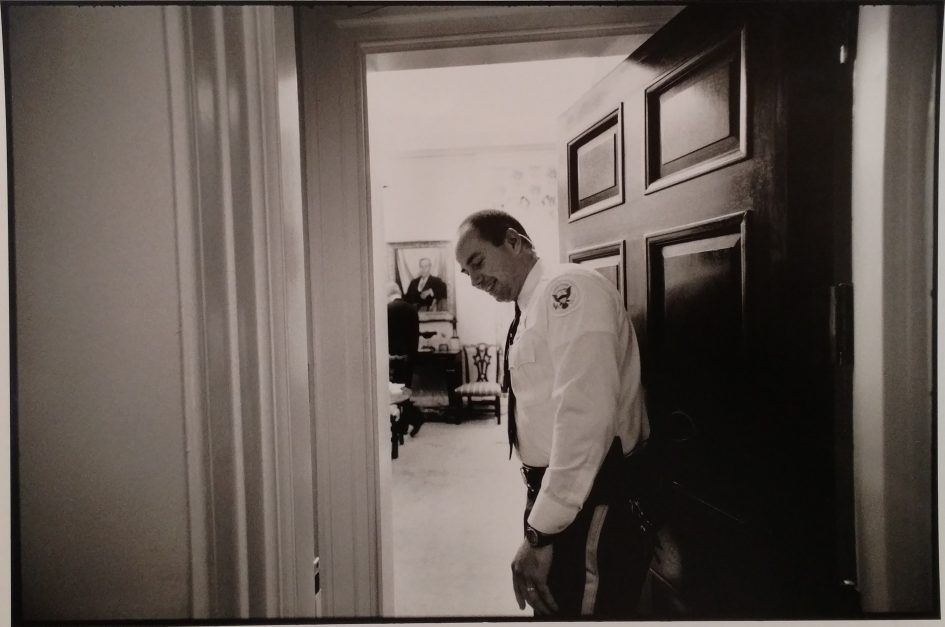

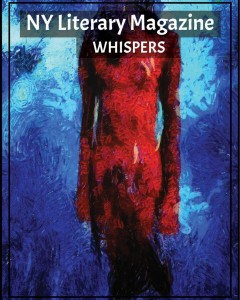
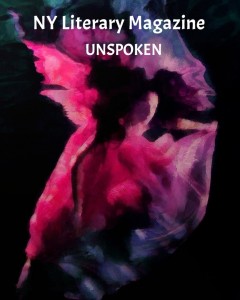

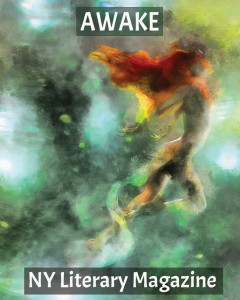
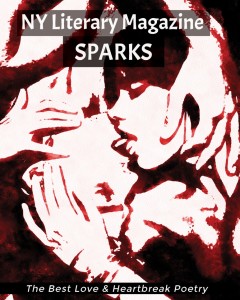
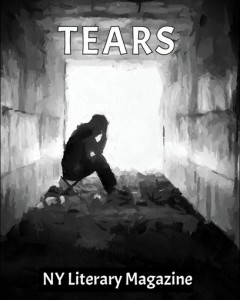
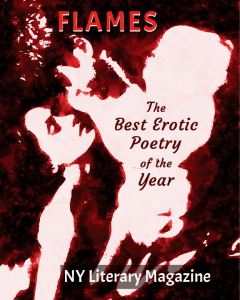


Leave a Reply
You must be logged in to post a comment.